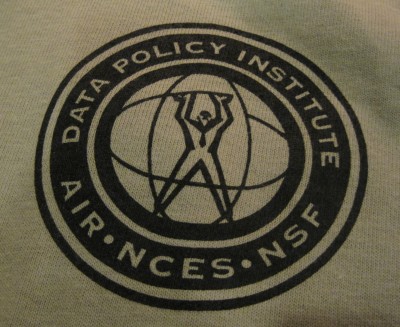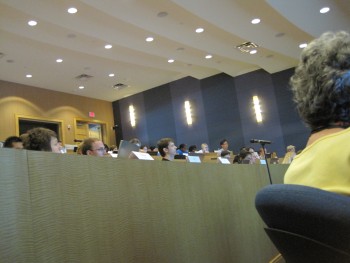Many students asked me to help them define first generation college student, so I post it here for anyone who is interested.
The definition of First Generation of College Student:
According to Title 20 U.S. Code Sec. 1070a-11(h)(3):
The term “first generation college student” means—
(A) an individual both of whose parents did not complete a baccalaureate degree; or
(B) in the case of any individual who regularly resided with and received support from only one parent, an individual whose only such parent did not complete a baccalaureate degree.
According to National Center for Education Statistics (NCES) Report 2000-153:
Education levels were aggregated as follows:
- First-generation: Both parents have no more than a high school education. Thus, the student would be a member of the first generation in the immediate family to attend college.
- Some college: One or both parents have some postsecondary education, but neither had attained a bachelor’s degree. This category includes parents with vocational certificates and associate’s degrees as the highest level of attainment.
- College graduate: One or both parents earned a bachelor’s degree or higher.
 One question that many higher education graduate students have asked is where to find quality research literature. To assist my students in searching for quality research literature in the field of higher education, I compiled a higher education publication list. I publish this list under the Creative Commons Attribution-NonCommercial-ShareAlike 3.0 United States License, which means you are free to use and distribute it. If you want to modify and redistribute it, please see the detailed
One question that many higher education graduate students have asked is where to find quality research literature. To assist my students in searching for quality research literature in the field of higher education, I compiled a higher education publication list. I publish this list under the Creative Commons Attribution-NonCommercial-ShareAlike 3.0 United States License, which means you are free to use and distribute it. If you want to modify and redistribute it, please see the detailed 
 第四天,我累了。該是準備回家的時候了。以下是今天的行程:
第四天,我累了。該是準備回家的時候了。以下是今天的行程: